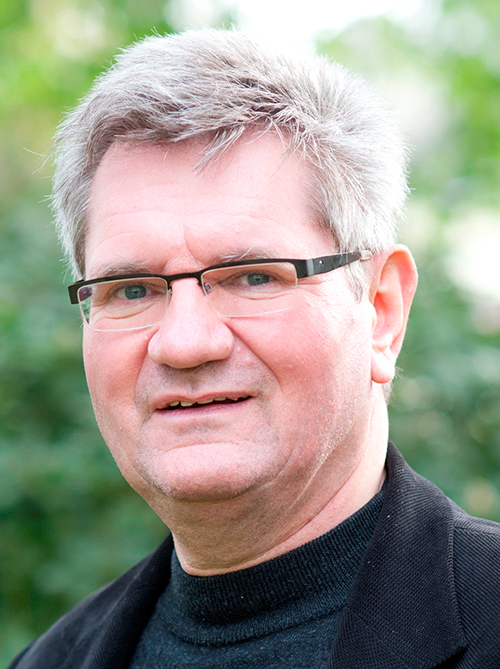Time
January 19, 13.30: What tomorrow’s world is made of
Topic
Sustainable Energy: Systems and Science
The world of tomorrow should be supplied with stable and affordable energy without endangering the living conditions on our planet. This requires first the generation of enormous amounts of renewable electricity and then the stabilization of the volatility of sunshine and wind. Thirdly and this is not familiar to everyone active in the field there are substantial activities in the present energy system that cannot be electrified and require today as in the future carbon-based energy materials. The “decarbonization” often discussed is thus not a target of a energy system transformation despite the obvious need to reduce the contribution of fossil energy carriers.
The generic solution will be to harvest “green” electricity” and use substantial fractions of it to establish a technical carbon cycle together with a vector for transporting renewable energy. The contribution gives some possible details and discusses the dimension of the challenge.
The one and critical core technology and science to that is catalysis. All forms of photo-electro- and thermo-catalysis with all scalable forms of processes and materials will have to be used to meet the demands within the energy systems. Unfortunately, catalysis is still in its infancy when it comes to designing or even identifying optimal processes for given reactions. The smaller the molecules are the less well we can handle their effective transformation as they are not “activated” in a chemical sense. The contribution discusses that in principle the knowledge exists to mitigate the deficit in catalysts science. A critical role plays here our ability to design and characterize materials that function under dynamical conditions. We have every reason to believe that we can meet the demands from energy by catalysis when we unify our fragmented knowledge about catalysis.
About Prof. Dr. Robert Schlögl
Fritz-Haber-Institut der MPG, Department of Inorganic Chemistry, Berlin und Max-Planck-Institut für Chemische Energiekonversion, Mühleim an der Ruhr
Robert Schlögl studied chemistry and completed his PhD on graphite intercalation compounds at the Ludwig Maximilians University in Munich (1982). After postdoctoral stays at Cambridge and Basle he carried out his habilitation under the supervision of Professor Ertl (Nobel Laureate) at Fritz Haber Institute in Berlin (1989). Later he accepted the call for a Full Professorship of Inorganic Chemistry at Frankfurt University. In 1994 he was appointed his current position as Director at the Fritz Haber Institute of the Max Planck Society in Berlin. In addition, in 2011 he was appointed Founding Director at the new Max Planck Institute for Chemical Energy Conversion in Mülheim a.d. Ruhr. He is an Honorary Professor at Technical University Berlin, Humboldt University Berlin, University Duisburg-Essen and Ruhr University Bochum. Robert Schlögl’s research focuses primarily on the investigation of heterogeneous catalysts, with the aim to combine scientific with technical applicability as well as on the development of nanochemically-optimized materials for energy storage. The application of knowledge-based heterogeneous catalysis for large-scale chemical energy conversion summarizes his current research focus.
He is author of more than 1,000 publications, gave more than 450 invited talks and lectures and is registered inventor of more than 20 patent families. He is a Fellow of the Royal Society of Chemistry, Tetelman Fellow and member of numerous international organizations. His research activities have been recognized with several national and international awards, here to list the ENI award 2017
